MicroByre
Ep. 31 Microbes and the race to replace petroleumBy seeking out the most compliant strains of useful bacteria and training them up into chemical manufacturing powerhouses, they aim to solve two problems at once: remove petroleum from the chemical manufacturing process and make use of the stinking mess of agricultural and human waste that currently rots to methane in harvested fields and wastewater plants by turning into bacteria feed.
Take Action
Why We Made this Film
Before humans made petroleum cheap and easily available, we made all of our chemicals from wood and other forms of biomass. Right now, there is an abundance of biomass that sits on the fields, in big tanks, and rots our wastewater, turning into methane. All of that is carbon that could be converted into something else, if only we were able to use the right bacteria.
MicroByre domesticates bacteria to make chemicals that we would otherwise only get from petroleum. By using bacteria, we can harness their innate chemistries that they have been evolving for millions of years. If we can cut petroleum out of acrylic acid production, we can use biomass to form the modern world as we know it from renewable sources.
The genius of Sarah Richardson is on display throughout the company’s lab. Small robots make hyper-specific tests and measurements to give the company a testing velocity that’s unmatched in the space. This brilliance is why she’s an Activate fellow and why we were so excited to tell her story.
Go Deeper





